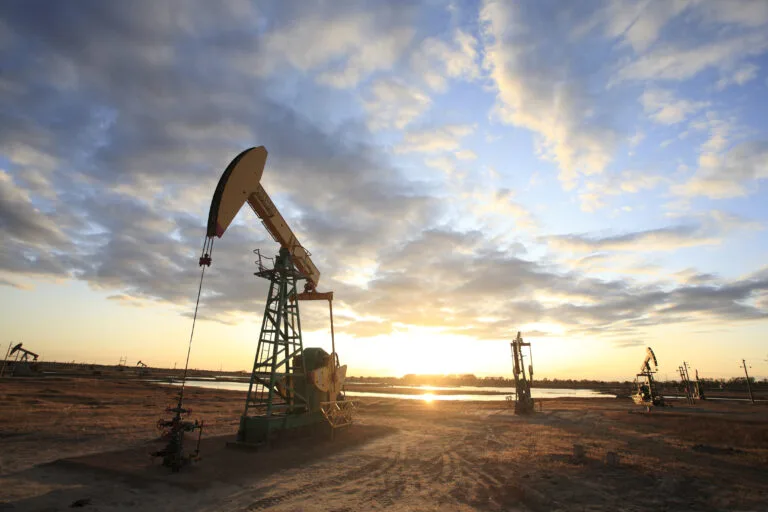Property owners whose land contains oil and natural gas can financially benefit by entering an oil and gas lease with an energy company. The company will construct and operate the infrastructure needed to drill and extract the resources from the landowner’s property. The lease pays the landowner a percentage of the revenues from the resources and other payments. Leases can also include various protections for landowners to ensure minimal disruption to their ability to use and enjoy their property.
Understanding Oil and Gas Leases
An oil and gas lease is a legal agreement between a landowner and an oil/gas company under which the landowner allows the company to drill and operate wells on the landowner’s property to extract oil, natural gas, or other resources. In exchange, the company pays the landowner “rent” under the lease, usually in the form of royalties based on the resources extracted from the landowner’s property.
Key Financial Considerations
Many property owners will view an oil and gas lease’s financial terms as the most essential part of the contract. The main financial provisions of an oil and gas lease may include:
- Signing Bonus – An oil and gas company may pay a landowner a one-time upfront payment as consideration for the landowner agreeing to the lease.
- Royalties – A landowner financially benefits from an oil and gas lease by receiving a percentage of the revenues derived from the resources extracted from their property.
- Delays Rentals or Shut-Down Royalties – An oil and gas company may agree to payments for periods in which the company does not produce oil and gas but wants to maintain the lease and the company’s extraction equipment on the landowner’s property.
Lease Terms and Land Use Considerations
An oil and gas lease will include provisions such as:
- Lease Duration – An oil and gas lease may include an overall duration and time limits on how long the lease will remain valid without drilling activity. The lease may provide for automatic extensions or require the landowner’s consent for an extension.
- Surface Use – A lease can include provisions that designate specific drilling locations or limit the number of wells the oil and gas company may operate. Leases can also include easements or other terms facilitating the company’s access to the property, such as giving the company the right to construct or use access roads.
- Landowner Protections – Oil and gas leases can include terms that restrict the company’s activities or require the company to implement specific measures to protect the landowner’s use and enjoyment of their property, such as environmental protections to protect a landowner’s agricultural business or noise and visual abatements to protect a homeowner’s quiet enjoyment.
- Environmental and Reclamation Obligations – A lease may impose duties on an oil and gas company to bear the cost of any environmental remediation caused by spills or other accidents. The lease may also require the company to restore the land after it shuts down a well.
Operational and Legal Protections
Other operations and legal matters addressed by oil and gas leases include:
- Pugh Clauses – A lease may automatically release leased portions of a landowner’s property when an oil and gas company does not drill on that land after a certain period.
- Depth Severance Clauses – Oil and gas leases can limit the depth to which a company can drill, allowing a landowner to retain their rights in other resources under their land.
- Indemnification and Risk Allocation – A lease may allocate any liability arising from drilling activities solely to the oil and gas company (such as civil liability owed to nearby landowners damaged by environmental contamination), requiring the company to indemnify the landowner for such liability.
Contact a Contracts Attorney Today
When an oil and gas company has approached you about a lease to operate wells on your property, you need experienced legal counsel to look out for your rights and interests. Contact Hubbs Law today for an initial consultation to learn more about oil and gas leases and obtain the legal advocacy you need to negotiate a favorable agreement.
